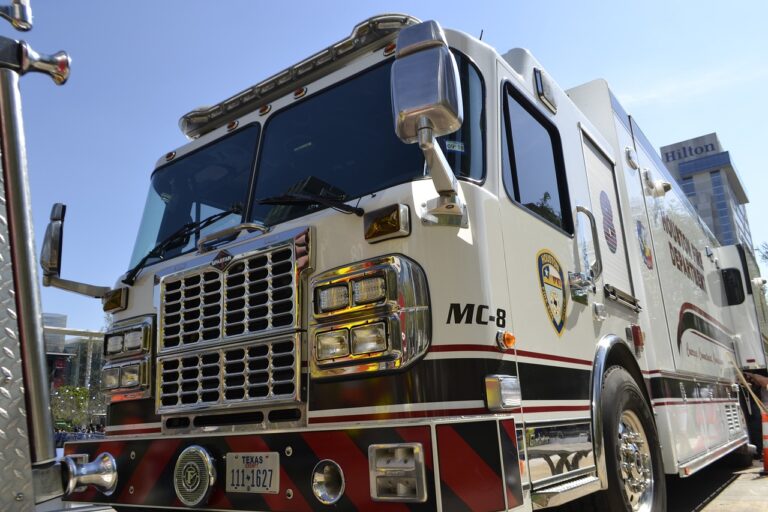Comparing the Maintenance Costs of Leased vs. Owned Vehicles: Laser247, Lotus365, Sky247 login
Laser247, lotus365, sky247 login: Leasing vs. owning a vehicle is a common debate among car owners, and one of the key factors in this decision is often the costs associated with maintenance. In this article, we’ll explore the maintenance costs of leased and owned vehicles to help you make an informed decision.
Leased Vehicles:
1. Monthly Lease Payment:
When you lease a vehicle, your monthly payment typically covers the cost of maintenance for the duration of the lease term. This means that you won’t have to worry about unexpected repair costs popping up.
2. Manufacturer’s Warranty:
Most leased vehicles are covered by the manufacturer’s warranty for the duration of the lease. This warranty usually includes coverage for major components like the engine, transmission, and brakes, which can help offset maintenance costs.
3. Regular Maintenance:
Leased vehicles often require regular maintenance, such as oil changes and tire rotations, to keep them in good condition. These routine services are typically included in the lease agreement, so you won’t incur additional costs.
Owned Vehicles:
4. Long-Term Costs:
When you own a vehicle, you are responsible for all maintenance costs, including routine services and unexpected repairs. Over time, these costs can add up and make owning a vehicle more expensive than leasing.
5. Out-of-Warranty Repairs:
Once your manufacturer’s warranty expires, you’ll need to pay for any repairs out of pocket. This can be a significant expense, especially if your vehicle experiences major issues like engine or transmission failure.
6. Depreciation:
Owned vehicles depreciate in value over time, which can impact the cost of maintenance. As your vehicle ages, it may require more frequent repairs and maintenance to keep it running smoothly.
So, which option is cheaper in the long run?
Ultimately, the decision between leasing and owning a vehicle comes down to your individual needs and budget. Leasing a vehicle may be more cost-effective in the short term, as you won’t have to worry about unexpected repair costs. However, owning a vehicle may be more economical in the long run, especially if you plan to keep your vehicle for an extended period.
FAQs:
1. Is leasing a vehicle more cost-effective than owning?
In the short term, leasing a vehicle may be more cost-effective, as maintenance costs are typically included in the monthly payment. However, owning a vehicle may be cheaper in the long run, especially if you plan to keep your vehicle for an extended period.
2. What are some common maintenance costs for owned vehicles?
Common maintenance costs for owned vehicles include oil changes, tire rotations, brake replacements, and engine tune-ups. These costs can vary depending on the make and model of your vehicle.
3. Can I purchase an extended warranty for my owned vehicle?
Yes, you can purchase an extended warranty for your owned vehicle to help offset the costs of major repairs. However, these warranties can be expensive and may not cover all maintenance issues.
In conclusion, both leasing and owning a vehicle have their own pros and cons when it comes to maintenance costs. It’s essential to weigh your options carefully and consider factors like warranty coverage, routine maintenance, and long-term expenses before making a decision.







